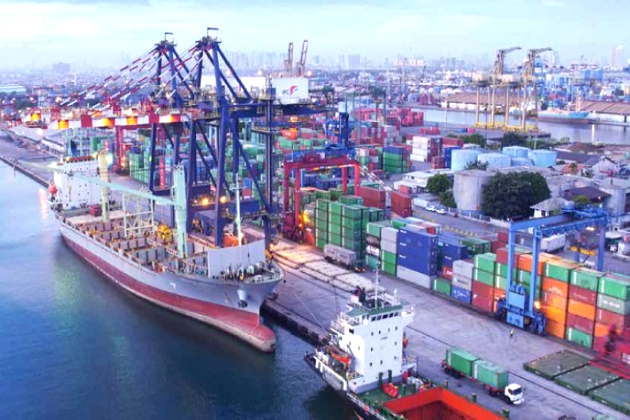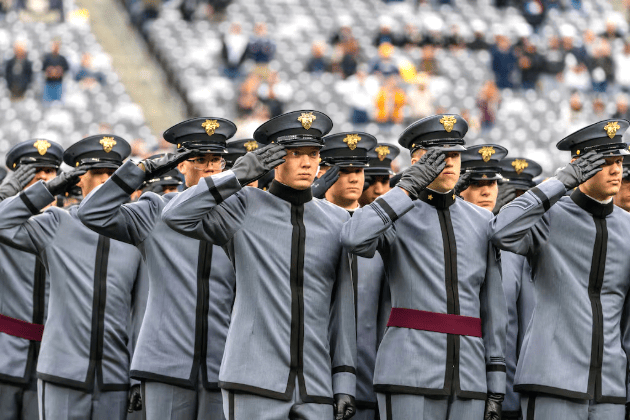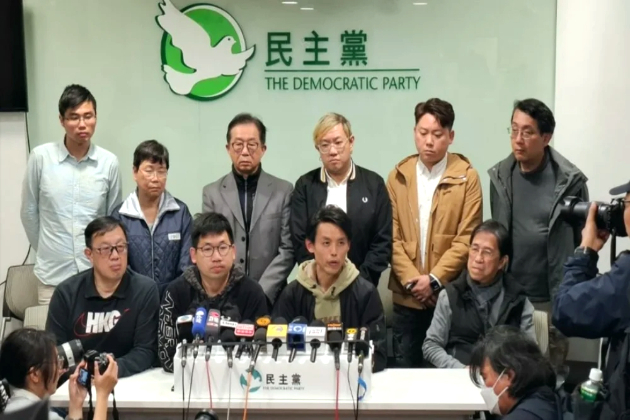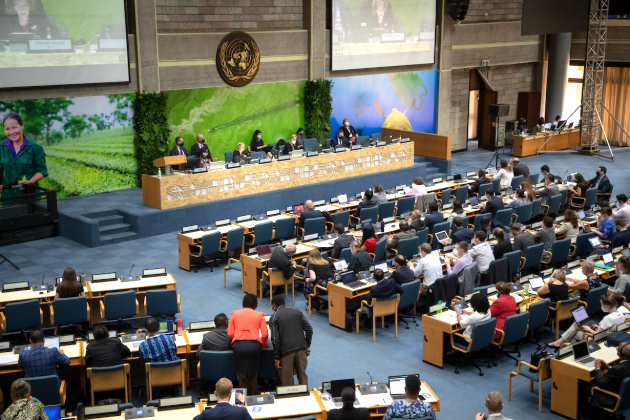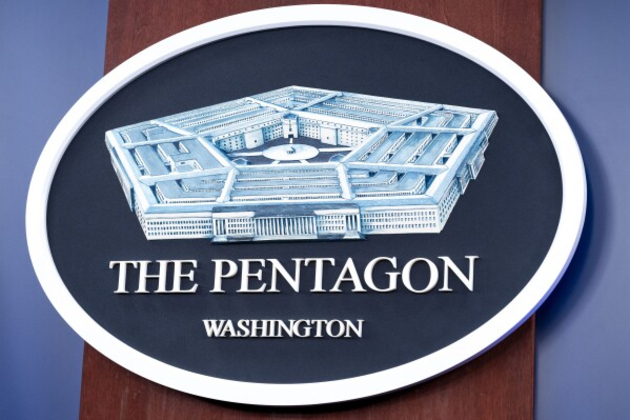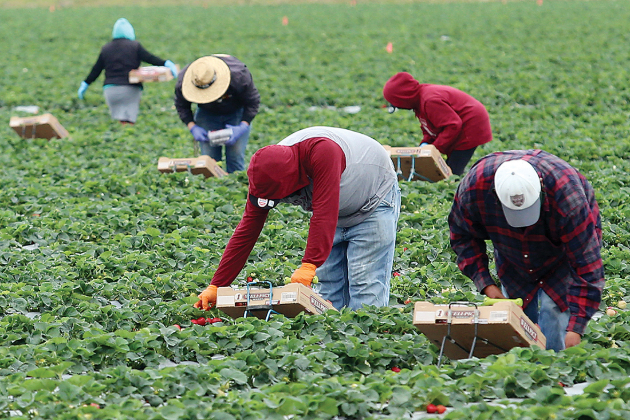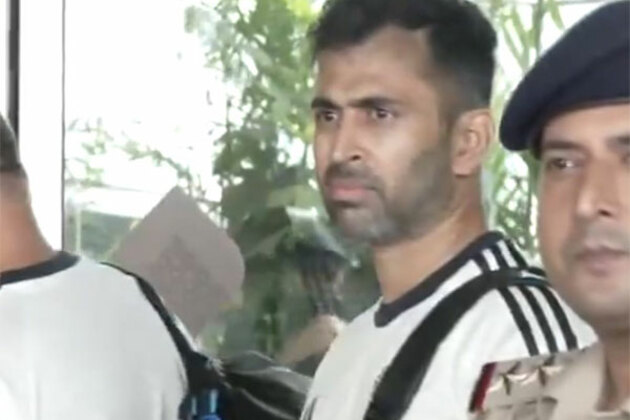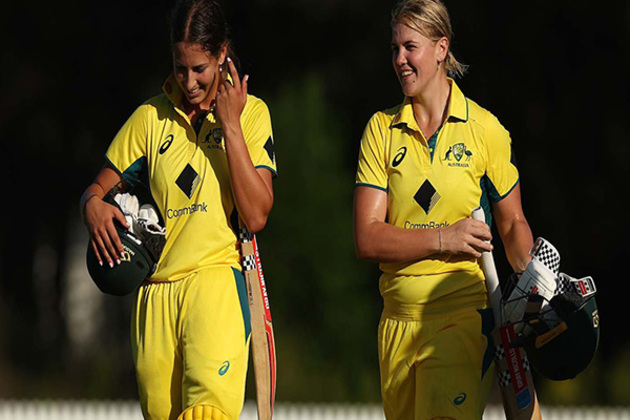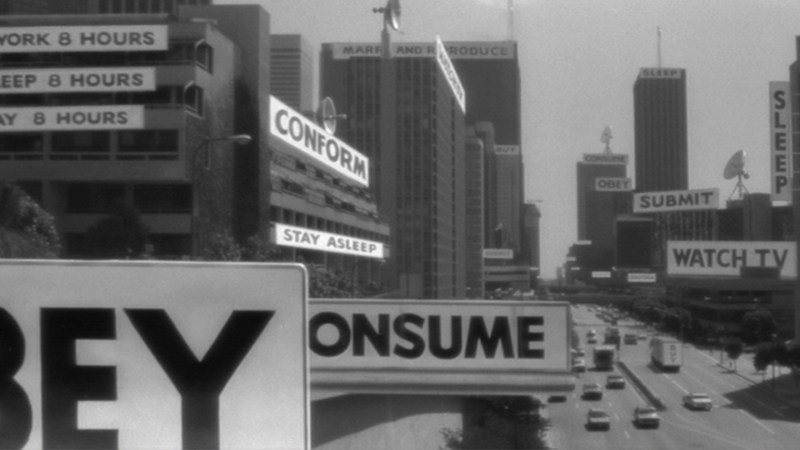Public toilets could be the jewels in our cities' crowns - if only governments would listen
The Conversation
17 Apr 2025, 06:17 GMT+10
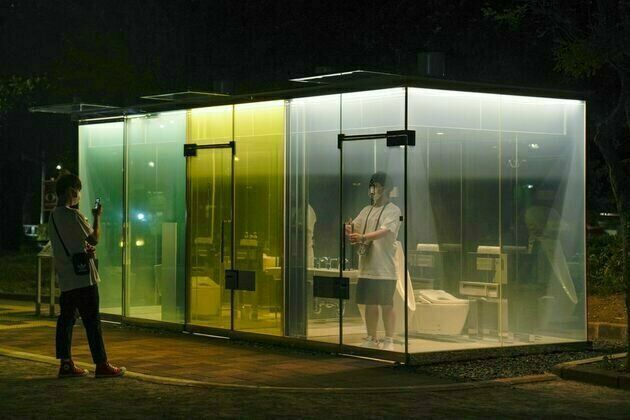
A New South Wales Senate inquiry into public toilets is underway, looking into the provision, design and maintenance of public toilets across the state.
Whenever I mention this inquiry, however, everyone nervously laughs and the conversation moves on. It's not something people feel comfortable talking about.
Yet, a public toilet goes to the heart of what a city provides for its inhabitants and visitors. It is a critically important piece of public infrastructure that sets the tone for public behaviour, expectations and conduct.
And we could be doing so much better with our public toilets.
Public toilets communicate social values. They show how we provide for our citizens and what we expect of them in return.
A public toilet is often the first thing someone new to a place sees and wants; it creates an important first impression.
As communication theorist Paul Watzlawick said, "One cannot not communicate." Infrastructure is no exception.
So public toilets play an important social role and, through their design, help communicate and shape relationships between citizens.
They not only provide relief for our urgent bodily needs; in them, we are equal humans. External hierarchies are largely removed.
Their appearance and design influences whether we feel cared for, trusted and appreciated, seen and acknowledged.
This is reflected in what members of the public have said to the current NSW senate inquiry. One submission, for instance, noted:
It's important that public toilets don't look like prisons.
If they are perceived as such, then the message is we can't be trusted. We are assumed to damage or destroy them and behave like criminals.
Public toilets should be appealing, inviting, visually interesting - and anticipate and provide for the many different needs for which people visit them.
Designing and maintaining with this in mind means they'll delight the user, rather than making them feel like a criminal.
Might that not then help inspire a sense of gratitude toward governments, ratepayers and taxpayers and, by extension, broader society?
Access to adequate public toilets is a basic right. But they are also used to administer medication, breastfeed, care for children, access drinking water and find a quiet place to rest. Public toilets are often the only private space in public.
So, how can a communal space like the public bathroom evolve accordingly? One issue emerging in several inquiry submissions so far is the issue of public toilets being routinely locked at night.
As one submission writer puts it:
We don't have a curfew, we are aloud (sic) out at night. If you don't want people pissing in the street, then leave them open.
Cost is the greatest concern. Councils know how much their toilet blocks cost, but not how many people use them.
A submission from Blacktown City Council states their 218 public toilets cost more than A$15 million annually, involving six staff and three vehicles to service these facilities.
This equals more than $68,800 per toilet per year.
On the other hand, good public toilets could help grow the economy. A submission by Guide Dogs Australia quotes Deloitte Access Economics estimates that inclusive public spaces could add $12.7 billion to Australia's economy annually and boost GDP by about $1.2 billion through increased workforce participation.
And a submission by Bathurst Regional Access Committees notes:
The disability tourism trade is worth well over $8 billion dollars annually. Tourism is what keeps many regions alive.
Decent and accessible toilets may even help attract more people to a local area, activating public spaces and building community.
We need to flip the way we think about public toilets and those who clean them.
They must radiate thoughtful care, pride, civic engagement and delight.
Australian urban designer David Engwicht's community consultation approach to public space provides a great blueprint. He advocates recognising that place making is similar to home making; it can create memorable and potentially transformative experiences. It can help bring us into the present, creating a feeling of rootedness and connection.
The toilet can transcend its shameful, dirty, grimy image and last resort status. It can become a privilege to maintain, clean and keep in pristine condition for the public good.
The public toilet could become a valuable asset, an attraction, a sought after destination, a jewel in the crown of the government's public offering.
They could be pieces of enchanting infrastructure sponsors line up to support.
The Tokyo Toilet project is a great example.
In this project, 17 toilets were designed by world-leading Japanese architects and designers and their cleaners' uniforms by a famous fashion designer.
The toilets were equipped with custom high quality toilet paper, cleaned three times a day, and given their own stunning interactive website.
German filmmaker Wim Wenders even made a feature film, Perfect Days, about a man who cleans these toilets.
These toilets, sponsored by the non-profit Nippon Foundation in collaboration with Shibuya City government and Shibuya Tourism Association, represent a highly innovative approach.
Here, the public toilet is celebrated as an international attraction, while providing an excellent service to the public.
 Share
Share
 Tweet
Tweet
 Share
Share
 Flip
Flip
 Email
Email
Watch latest videos
Subscribe and Follow
Get a daily dose of Australian Herald news through our daily email, its complimentary and keeps you fully up to date with world and business news as well.
News RELEASES
Publish news of your business, community or sports group, personnel appointments, major event and more by submitting a news release to Australian Herald.
More InformationInternational
SectionIndonesia plans US visit to avert tariffs with bold offer
JAKARTA, Indonesia: Indonesia is preparing a high-level visit to Washington with an ambitious offer to avert steep U.S. tariffs on...
Trump admin ends race-based admissions at military academies
WASHINGTON, D.C.: The U.S. Military Academy and the U.S. Air Force Academy will no longer use race when deciding who gets in. For many...
Hong Kong’s last major opposition party moves to dissolve
HONG KONG: Hong Kong's last major opposition party has begun the process of dissolving, a symbolic end to decades of pro-democracy...
Justice Department blocks staff from attending ABA events
WASHINGTON, D.C: The U.S. Department of Justice has told its lawyers they can no longer attend or speak at events hosted by the American...
US Defense Secretary Pete Hegseth Cancels $5.1B IT Contracts
WASHINGTON, D.C: U.S. Defense Secretary Pete Hegseth has canceled several technology service contracts worth US$5.1 billion. These...
Trump proposes legal path for undocumented farmworkers
WASHINGTON, D.C: U.S. President Donald Trump said this week that farmers might be allowed to ask the government to keep some farmworkers...
Sydney
SectionBCCI cracks whip, Abhishek Nayyar, fielding coach, sacked after disappointing Australia Tour
Mumbai (Maharashtra) [India], April 17 (ANI): Following a disappointing performance in the Border-Gavaskar Trophy 2024-25 against Australia,...
Georgia Voll, Tess Flintoff get maiden call-up as Cricket Australia reveal contract list for 2025/26 season
Melbourne [Australia], April 17 (ANI): Right-hand batter Georgia Voll and all-rounder Tess Flintoff have earned their first central...
Public toilets could be the jewels in our cities' crowns - if only governments would listen
A New South Wales Senate inquiry into public toilets is underway, looking into the provision, design and maintenance of public toilets...
In the trade war, China has moved to curb supply of critical minerals. Can Australia seize the moment?
In the escalating trade war between the United States and China, one notable exception stood out: 31 critical minerals, including rare...
Rohit Sharma reflects on changing his batting position in Border-Gavaskar Trophy 2024
New Delhi [India] April 16 (ANI): Indian captain Rohit Sharma has discussed changing his batting position in the Border Gavaskar Trophy...
Rohit Sharma believes Australia will give England a tough time in Ashes 2025
New Delhi [India] April 16 (ANI): Indian captain Rohit Sharma believed that Australia will give England a tough time in the next Ashes...

